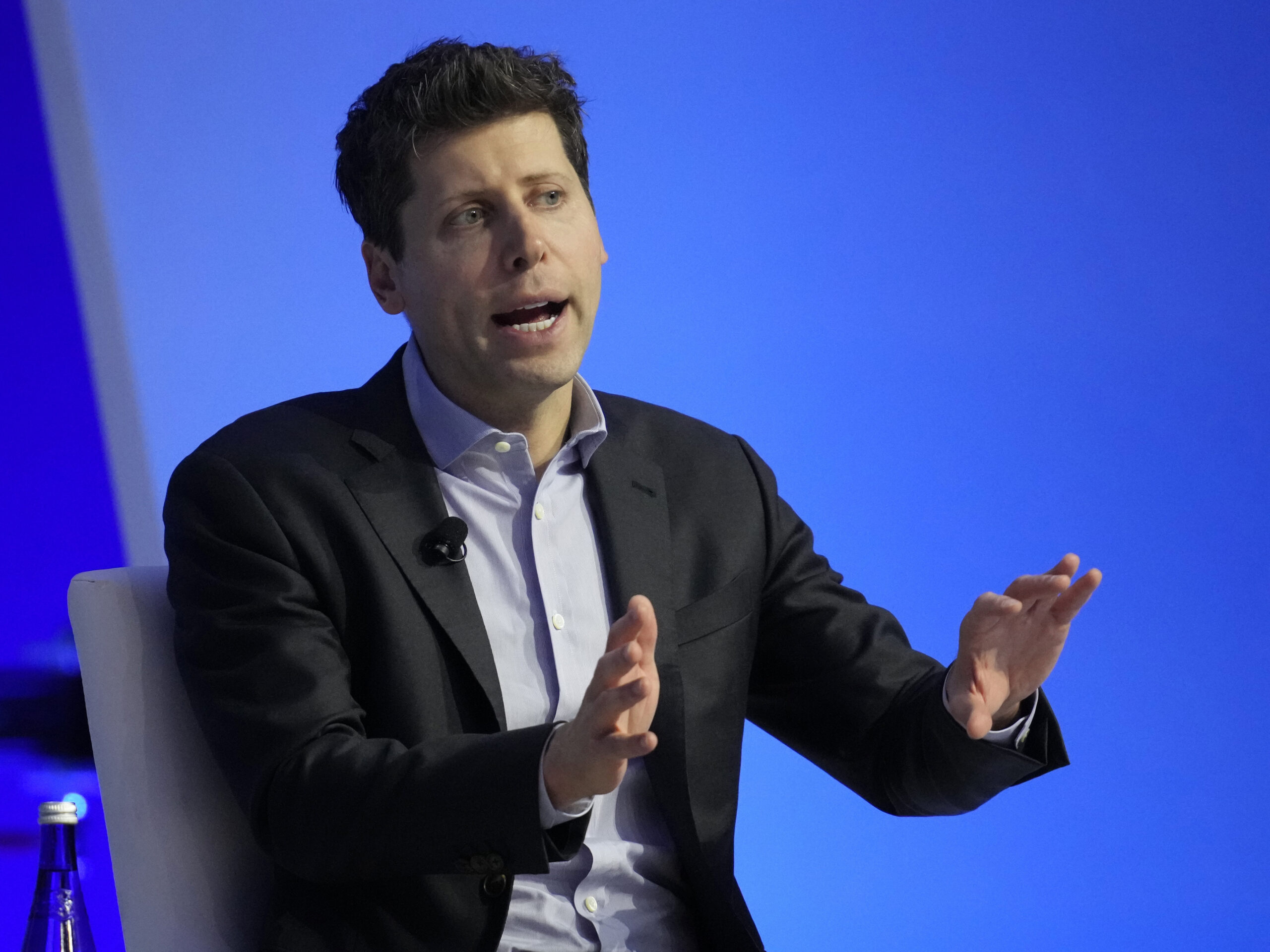Krisp, the startup best known for its background noise cancellation app, is stepping into bold new territory. The company just launched a real-time AI Accent Conversion tool that modifies a speaker’s voice to sound like American English. All while preserving their natural tone. The feature is now available in Krisp’s desktop app. And works across popular video conferencing platforms like Zoom, Google Meet, Microsoft Teams, and Webex.
Krisp’s new tool acts as a virtual microphone. Altering the user’s speech with a claimed 200-millisecond latency, which the company describes as “imperceptible” in real-time conversations. The goal is simple: help speakers with regional or global accents be more easily understood in fast-paced, high-stakes communication settings.
The idea behind AI Accent Conversion stems from a real challenge in remote communication. Even fluent English speakers can be misunderstood because of accent differences. Especially in virtual meetings where sound quality isn’t always perfect. Krisp co-founder Arto Minasyan, who speaks with an accent himself, emphasized this in the company’s announcement:
“It’s not about bias — it’s simply the reality of communication,” he said. “Misunderstandings can lead to repetition, delays, and reduced efficiency, especially in high-speed meetings.”
Krisp initially tested the tool with call center clients. Where accent clarity can have a direct impact on service quality and customer satisfaction. After initial success, it’s now being rolled out to a broader user base in beta mode. Free users will have access to the feature for up to 60 minutes per day, while those on the $15/month business plan can use it without limits.
The tool currently supports more than 17 Indian English dialects, with plans to expand to other accents — Filipino English is next on the roadmap.
While Krisp’s accent-shifting AI could improve clarity for non-native speakers and streamline communication, the tech doesn’t come without controversy. Early demos show the tool doing a decent job at making voices sound American, but some users may find the result slightly robotic — a reminder that AI voice generation is still evolving.
Krisp isn’t the only company experimenting in this space. Global outsourcing firm Teleperformance SE is reportedly using similar AI to “soften” the accents of Indian workers. However, efforts to alter or standardize accents using AI have sparked debate, especially around the ethical implications of modifying cultural speech patterns in professional environments.
Critics warn that this kind of technology could unintentionally reinforce the idea that some accents are more “acceptable” or “professional” than others — a slippery slope that touches on identity, bias, and workplace inclusivity.
Still, Krisp’s approach is positioned as a tool for clarity, not conformity, and its use remains voluntary. For many professionals looking to reduce misunderstandings in cross-cultural meetings, the feature may offer real value — especially when paired with Krisp’s existing noise cancellation and echo removal capabilities.












